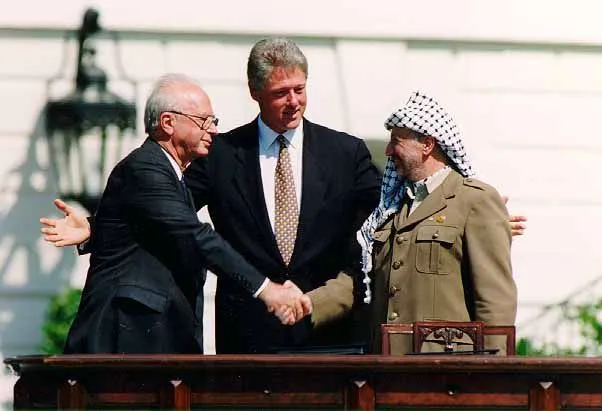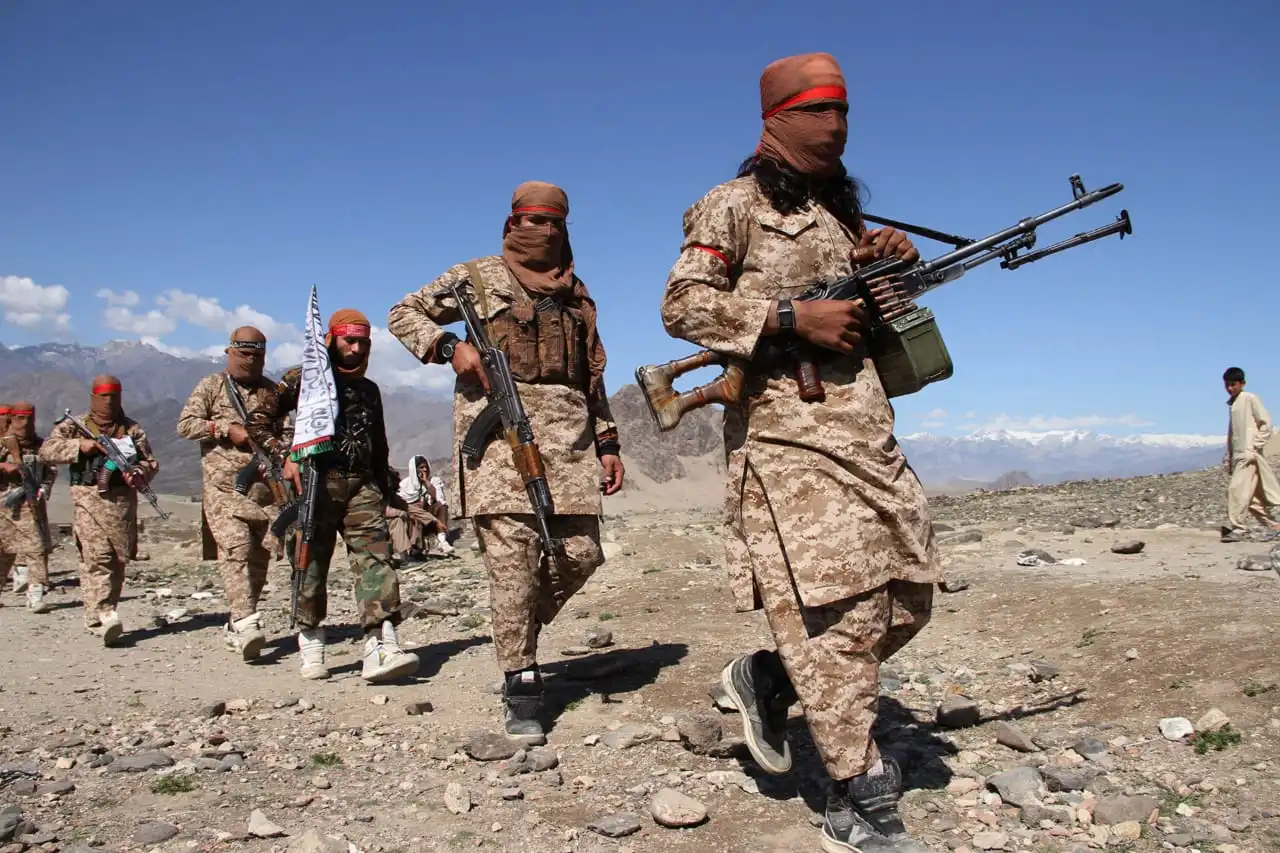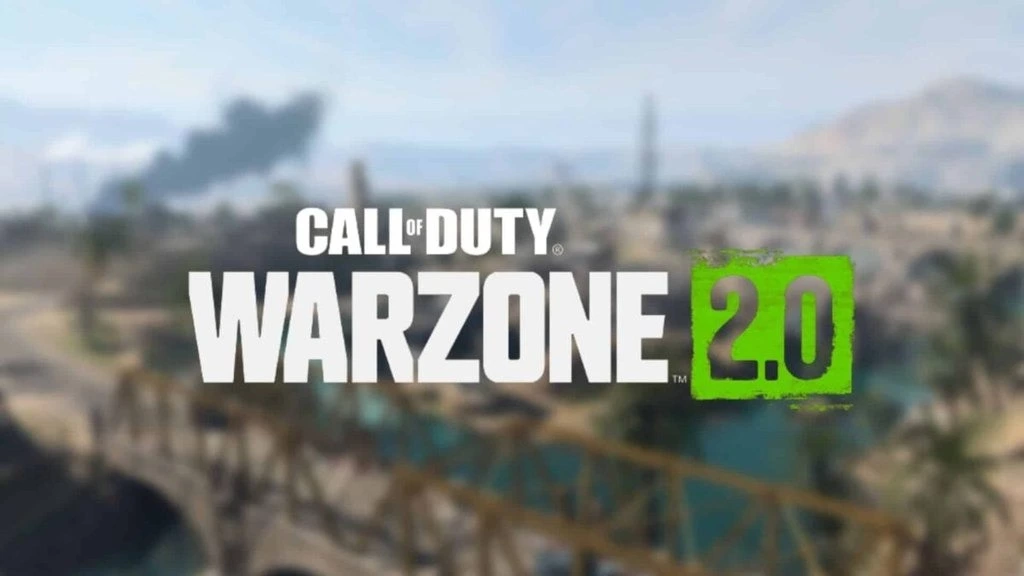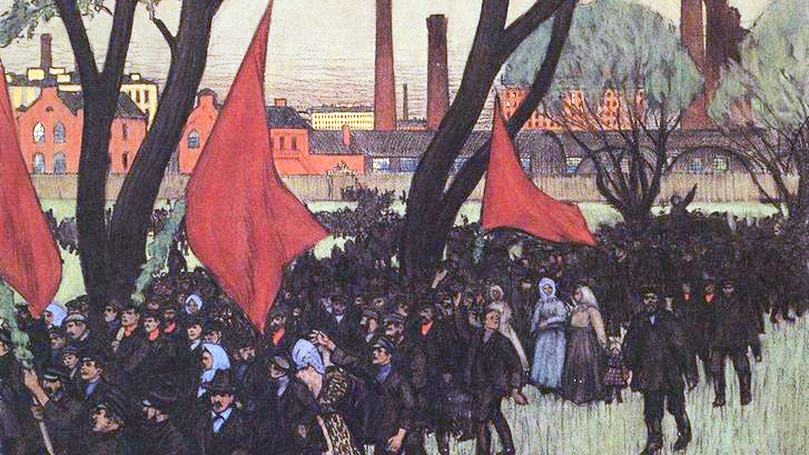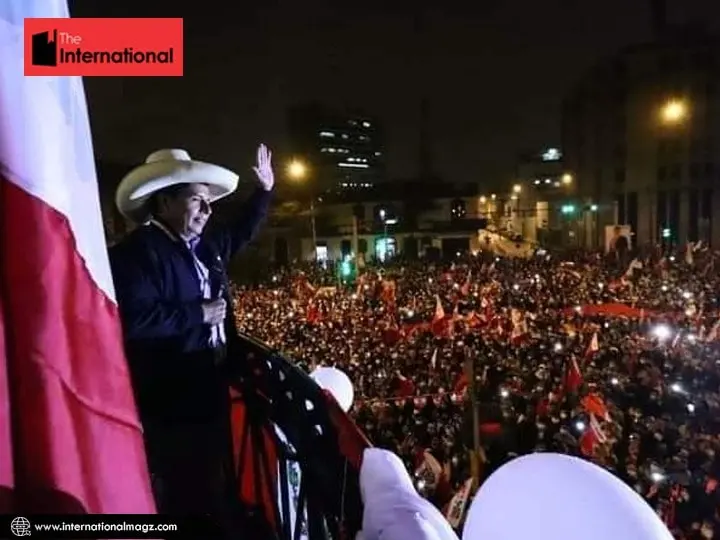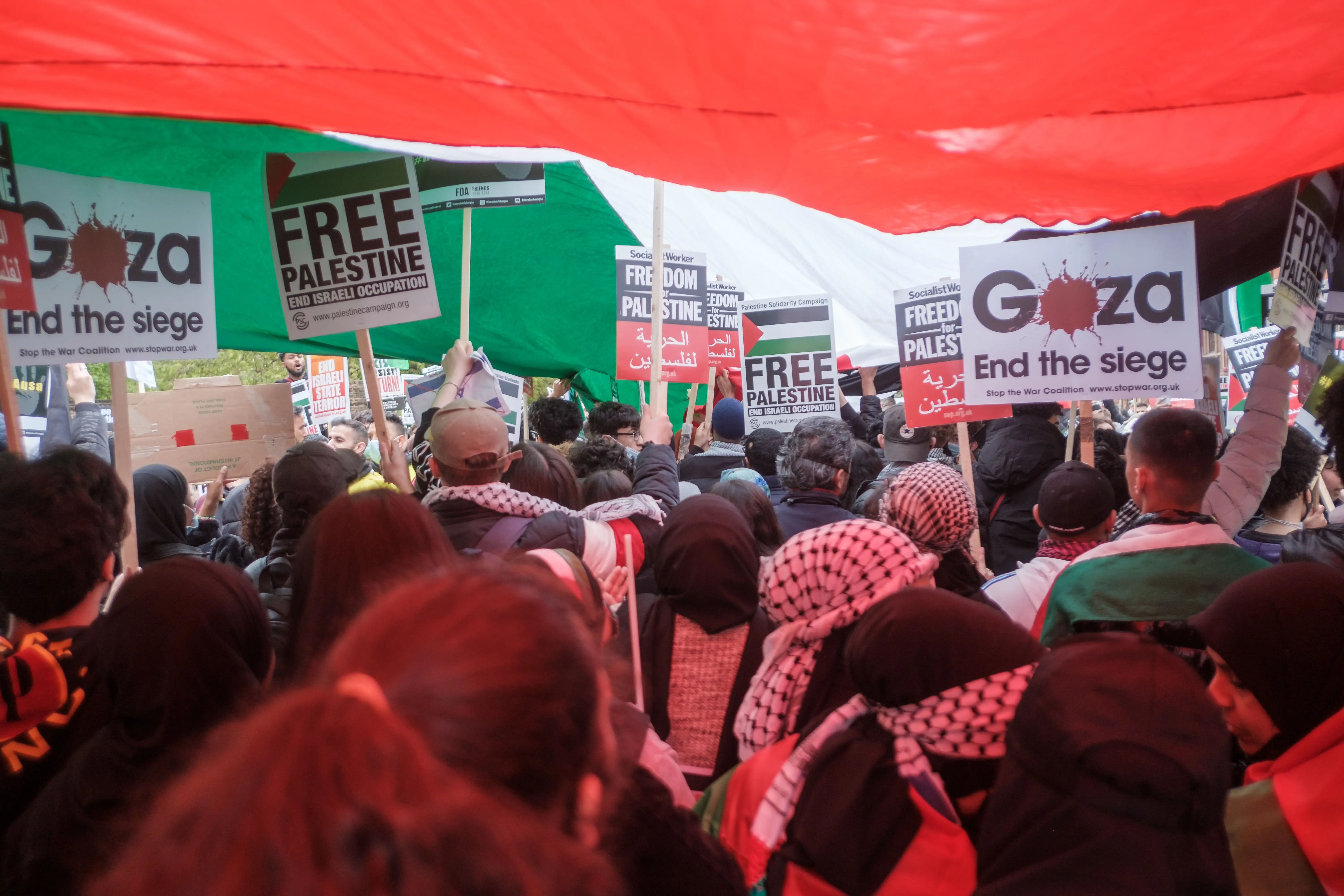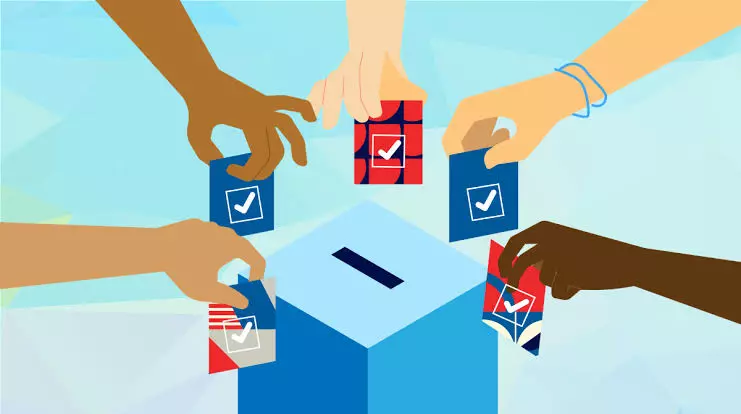Debojit Banerjee: How would you describe the ‘Palestine question’? Is it a ‘conflict’ as many claim, or is it a ‘colonial situation’ as some others say?
Nafith Gunaim: The current situation in our country, Palestine, can only be described as a national struggle against the Israeli colonization of the Palestinian land. The Occupation enforces measures to displace the Palestinian people—the indigenous people of this land. This process started when the European Jews started immigrating to Palestine, and their immigration under various pretexts was directed by the Zionist movement, which forcibly displaced the great majority of Palestinian people in the 1948 war, through assassination, terrorism, and massacres carried out by Zionist gangs at that time. It is called the Nakba due to the displacement of the Palestinian people and their dispersion in various parts of the world. On the other hand, the Zionist movement strived to bring immigrant Jews to Palestine and settle them in illegal colonies in Palestinian lands, and this racist and arbitrary process is still going on in several ways, such as land grabs, construction of illegal settlements, and terrorizing the indigenous people of the land to force them out. This is a colonial occupation, and Israel is an apartheid state.
As a result, the relationship is between an occupying entity and a people under occupation; it is a relationship of a long-time struggle to achieve the Palestinian dream of freedom and independence, and establishment of a Palestinian state on all the lands occupied by Israel in 1967, with Jerusalem as its capital, and achieving the right of return for Palestinian refugees. in compliance with the UN Resolution 194, in addition to ending all forms of racism and persecution against the Palestinian people who remained steadfast in their lands, and live now under the rule of the Israeli State on lands occupied in 1948.
D.B: The Oslo Accords is referred to as a watershed moment in the history of Palestine. What are those accords? What did it signify for the Palestinian struggle for statehood?
N.G: The Oslo Agreement was signed following the First Intifada of the Palestinian people in 1987, and it consists of several articles agreed upon between the Israeli government and the Palestinian Liberation Organization. It includes a Declaration of Principles on Transitional Self-Government Arrangements, contained in the Oslo I Accord, signed in Washington, D.C., in 1993, and the Oslo II Accord, signed in Taba, Egypt, in 1995. They marked the start of the Oslo Process, a peace process aimed at achieving a peace treaty based on Resolution 242 and Resolution 338 of the United Nations Security Council, and fulfilling the "right to self-determination of the Palestinian people." The Oslo Process began after secret negotiations in Oslo, Norway, resulting in both the recognition of Israel by the PLO and the recognition by Israel of the PLO as the representative of the Palestinian people and as a partner in bilateral negotiations.
Among the notable outcomes of the Oslo Accords was the creation of the Palestinian Authority, which was tasked with the responsibility of conducting limited Palestinian self-governance over parts of the West Bank and the Gaza Strip; and the international acknowledgement of the PLO as Israel's partner in permanent-status negotiations about the remaining issues surrounding the Israeli–Palestinian conflict. The most important of these issues are related to the international border between Israel and a future Palestinian state, Israeli settlements, the status of Jerusalem, Israel's military and security control following the establishment of Palestinian autonomy, and the Palestinian right of return. However, instead of using the agreement to negotiate the above-mentioned issues and transition into a just solution for the Palestinian people, Israel froze the process into this transition state. Israel even systematically dismantled the articles and only committed to what serves the colonial objectives of the Zionist project.
Technically speaking, the Oslo Accords is no longer valid, Israel only maintains "the security protection for Israel” part, and enhances the Palestinian internal struggle as a result of Palestinian security forces prohibiting any kind of resistance or "violence" against the Israeli occupation forces. Thus, the agreement arrived at a dead end, and has become an obstacle against Palestinian struggle and achievement of the Palestinian national project. Consequently, it is a Palestinian national duty to overcome the Oslo agreement and go back to the origin of the struggle, to the true relationship between the Palestinian people and the Israeli government—a story of struggle between a people under occupation and a fascist occupying power.
D.B: What is the Palestinian Authority that emerged from the Oslo Accords? What happened to the PLO?
N.G: The most prominent outcome of the Oslo Accords was the creation of the Palestinian Authority, which was tasked with the responsibility of conducting limited Palestinian self-governance over parts of the West Bank and the Gaza Strip; and has limited political impact. It is only a self-governance authority, and has no role in basic sovereign features. The Palestinian public recognized this authority for its administrative and legal role without any sort of interference in political matters, and that the PLO would remain as the only legitimate political representative of the Palestinian people, wherever they are, and to maintain its political identity. Unfortunately, the Palestinian Authority began encroaching on the role of the PLO. Instead of the PLO being a reference for the Palestinian Authority, the reality of the situation has become the opposite, which has affected PLO’s status and its national and general influence.
D.B: How would you describe the Palestinian political scene today – both in Gaza and the Occupied Territories and in the diaspora? How does the Palestinian left figure in it?
N.G: The current situation of the Palestinian people can only be described as weak, and incapable of facing the great challenges for several reasons:
First: The Palestinian internal conflict, and division of the society, including the Palestinian political system and its institutions. After the Israeli occupation isolated Gaza geographically, the Hamas coup against the Palestinian Authority in 2007 isolated Gaza politically from the West Bank.
Second: Absence of a unified national strategy that focuses on wise governance to direct the struggle against the Israeli occupation, in order to achieve cumulative accomplishments to reach a definitive victory and our political goals, such as identifying appropriate means and ways of struggle that weaken the Occupation front and thwart its false narrative of having historical right to the land and playing the victim. Such a resistance strategy can also generate and magnify support for the lobbying and advocacy efforts to achieve Palestinian national rights on both Arab and international levels.

Third: Normalisation of relationships with Israel in the Arab World. Many Arab countries began normalising relationships with Israel, in addition to political changes in the Arab World, downscaling the Palestinian cause from its priority status. As a result of several changes and challenges in the area, most Arab governments have to deal with internal problems.
This difficult reality faced by the Palestinian people requires a serious and effective national approach aimed at overcoming internal struggles and consolidating national unity, as well as agreeing upon a unified national strategy for advancing the Palestinian resistance and decisively confronting the fascist Israeli policies.
Although this matter is the responsibility of all Palestinian political forces, the leftist parties should bear the greatest responsibility to unify points of views and achieve national unification both on political and social levels. Unfortunately, despite this, The Palestinian leftist parties are in a state of division and some of them have joined coalitions that do not serve the left’s progressive political and social views.
D.B: Given that there are so many Resistance factions, are there contradictions within the Palestinian liberation movement? If so, what is being done to resolve them or reconcile them?
N.G: The differences and contradictions between Palestinian political parties have always been secondary, and what has prevailed is the struggle against the Israeli occupation. It can be said that the intensity of these conflicts increased with the establishment of the Palestinian authority. As the Oslo Accords brought about profound transformations in Palestinian society and in the level of differentiation between various social groups, the Fatah and Hamas conflict also worsened. This Palestinian internal reality created parasitic groups that benefited from the current situation, which affected national efforts. This includes the relationship between the official relationship between many of the influential parties in the Authority and the Israeli occupation government as well as the government of Hamas in Gaza, in addition to other forces that are funded by foreign agendas, which have seriously harmed the Palestinian freedom struggle and the achievement of Palestinian national objectives.
In order to overcome all this, it is important to immediately end internal conflict and restore national unity, and create a unified strategy of struggle against the Israeli occupation with least possible losses; to reform and develop the PLO with involvement of all its forces; ending all forms of hegemony of the Palestinian Authority; and conducting general elections on all levels to allow the Palestinian people to decide their fate.
D.B: What is the role of global superpowers, especially the United States and China, in the Palestine question at present? How would you describe the positions of international multilateral organisations like the UN?
N.G: All this time, the United States has been a strategic ally of Israel, supporting it politically, militarily, economically, diplomatically. Their position has not changed over the years; they are still against the Palestinian people and their national rights. They interrupt any and all international resolutions that condemn the Israeli occupation and its arbitrary practices against the Palestinian people. The US even rejects international UN resolutions that support Palestinian rights, while claiming to support international law and human rights conventions.
China, however, is a different case: they have always supported and continue to support Palestinian rights. The latest Chinese initiative to solve Palestinian-Israeli conflict reflected the Chinese position that supports the Palestinian people and condemns Israeli racist policies, and called for the end of the conflict through returning to the two-state solution with a Palestinian State and Jerusalem as its capital. We believe that China will play a dominant role in the future that would weaken the current unipolar world and global US hegemony. The world is now witnessing the rise of a new axis that will end the US hegemony and its control over international institutions and especially the UN.
D.B: A lot of events are happening quite rapidly in the Middle East and Africa, such as the ‘normalisation’ with Israel by Arab countries like Jordan and Bahrain, the coups in north Africa toppling West-friendly governments, the US failure to topple the government of Syria, a number of Arab countries joining or applying to join the BRICS, the war in Ukraine. How do you think Palestine features in this global geopolitical chessboard?
N.G: The world is witnessing a multi-front conflict that is causing profound transformations: the war in Ukraine and its repercussions on European counties, transformations in Africa, expansion of Chinese influence, internal conflicts in many countries, brutality of capitalism, regional transformations and relationships with Israel, and other factors.
These changes and the effects they will have may be in favor of the Palestinian cause or the opposite. Although they indicate in their entirety that they can play an important role in favor of the cause of our people, especially since they herald the end of the unipolar world order of which the Palestinian people is a victim. But whether the effect will be positive or negative depends on Palestinians themselves. If the Palestinians can reform their internal situation and work on their alliances, and are able to play a more effective role in the Arab world, then the global transformations can be positive and support our just struggle and our legitimate rights. On the other hand, if Palestinians remain on the sidelines of events, that will only make us weaker.
D.B: What can Palestine solidarity activists and supporters of the Palestinian cause do for Palestine?
N.G: Undoubtedly, any support for our people and their just rights from anyone in the world strengthens our struggle and hardens our will to continue our just struggle against the fascist Israeli occupation. We, the Palestinian people, expect all our allies in the world, and all those who support the Palestinian cause as a just political cause, to continue their efforts in all international platforms. The Zionist movement is trying with all its might to perpetuate the false narrative demonising the Palestinian people and denying our basic human rights. Any action by the international solidarity to confronting this narrative is valued and welcome. There are no ready-made recipes for this support, as life and the requirements of every stage and event dictate the forms and means of support and advocacy for our people.
Editor's Note:
The views and informations expressed in the article are solely those of the author and may or may not reflect the views of The International. We believe in providing a platform for a range of viewpoints from the left.
"The International" belongs to you.✕
Please take a moment to read this. We apologize for any interruption, we want you to know "The International" seeks your valued support at this time. We've proudly served as a pioneering online platform, delivering ad-free media content. With only 2% of our readers opting for a subscription, any contribution you choose holds immense significance—whether it's an annual fee of $25 or a monthly payment of $2.5. — The "The International" Team, committed to providing you with enlightening perspectives. We want to highlight that this sum is even less than what you'd spend on a cup of coffee, yet it greatly aids in sustaining our efforts to perpetuate and enhance your esteemed initiative.
